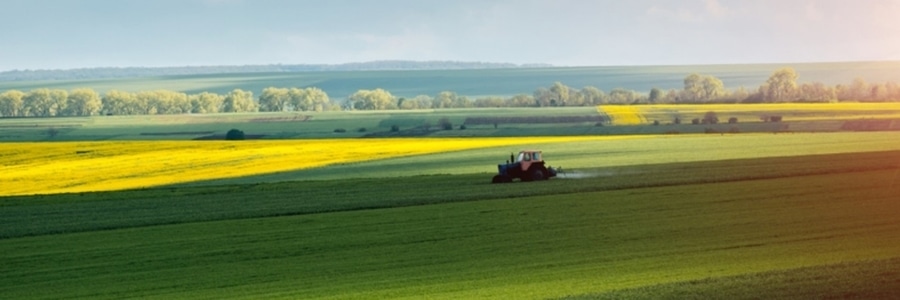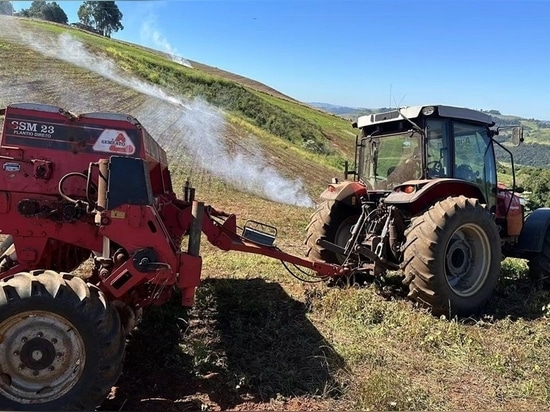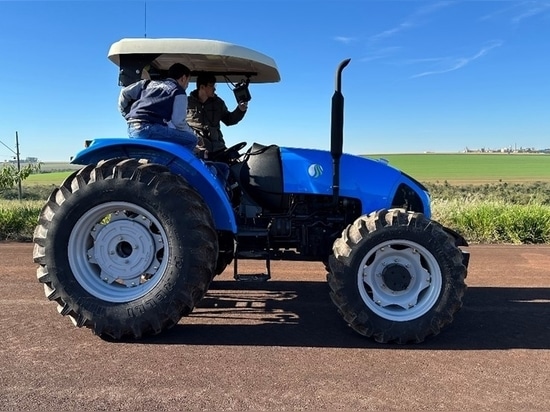
#Industry News
The Farmer's Story: How a passion for farming can help you make extra revenue by becoming a precision ag dealer
How a passion for farming can help you make extra revenue by becoming a precision ag dealer
THE AGRICULTURAL LANDSCAPE OF THE RIO GRANDE DO SUL REGION, BRAZIL.
Located at the southernmost tip of Brazil, Rio Grande do Sul is a major hub for agriculture and livestock within the country. The climate is characterized by temperate conditions. In winter, cold air currents from the south bring significant rainfall, while in summer, northeasterly winds bring drier and hotter weather. In particular, the state is home to the vast Paraná Plateau, one of the largest lava plateaus in the world, with elevations ranging from 600 to 900 meters above sea level. This diverse landscape supports the cultivation of a variety of crops, including wheat, corn, grapes, and tobacco.
Meet Fernando Santos Mendes [name was changed to protect privacy], a dedicated farmer who comes from a lineage deeply rooted in agricultural heritage. He is the fourth generation of his family to be entrusted with the management of more than 400 hectares of farmland in Passo Fundo, a town in the northern part of the state. Being passionate about farming and embracing innovative technologies, Fernando dedicates himself to growing soy, corn, and wheat each year, in addition to raising cattle. His expertise and progressive management approach have earned him the respect of the local farming community; he is always willing to help fellow farmers.
HOW AUTONOMOUS PRECISION AGRICULTURE ADVANCES FARMING EFFICIENCY
Over time, Fernando noticed that fatigue sets in more quickly, especially during lengthy tractor drives on his expansive farm. The complex nature of managing multiple tasks while inspecting fields requires intense focus. With his meticulous eye for detail, Fernando couldn't overlook gaps or planting errors that often took 3-4 minutes to correct. But with rising fuel prices, each return trip to the field was a financial drain. Fernando's experience is not unique - manual labor remains a fundamental aspect of agriculture, even in regions where machinery is prevalent. As a result, the imperative for increased autonomous farming has grown exponentially due to the need for greater efficiency and sustainability.
Fernando has found that minimizing errors such as overlaps or skips is paramount to increasing efficiency. This requires precise operation of equipment such as tractors, planters, sprayers, and harvesters in the fields, ensuring high accuracy under varying lighting conditions. In addition, accurate recording of vehicle and equipment locations and movements is essential for subsequent analysis. Equally important is the judicious application of inputs such as seeds, fertilizer, and pesticides, targeting specific areas that need them rather than spreading them evenly across the field. These goals can be achieved with state-of-the-art technology, which requires some investment. The outcome? Increased yields, reduced input costs, and a commitment to improved environmental practices.








